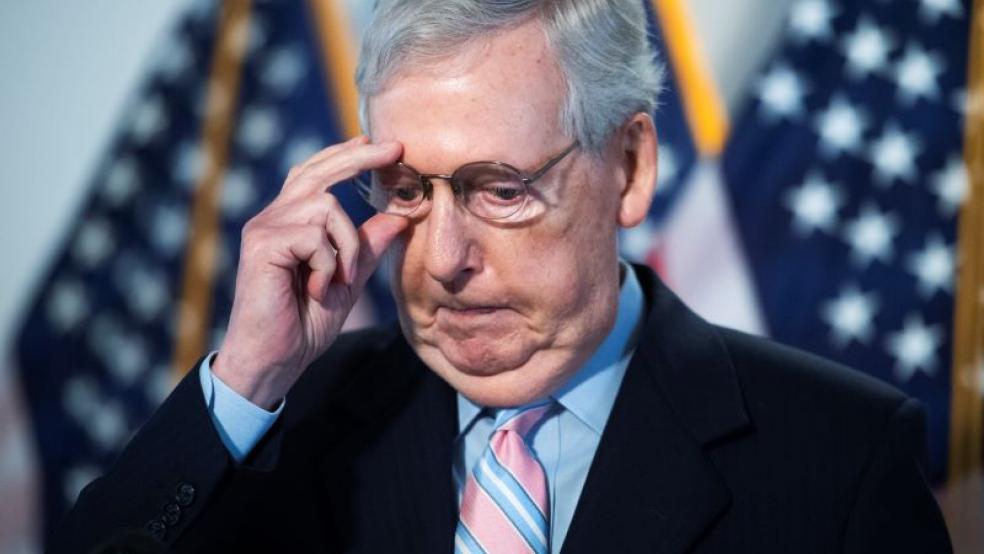Senate Republicans just blocked a bill passed by the House that would prevent a government shutdown at the end of the month because it also would have suspended the debt ceiling. Minority Leader Mitch McConnell of Kentucky, the Republican leading the effort to sink the bill, continues to insist his party has no responsibility for dealing with the debt limit, though he admits that a failure to do so could cause enormous damage to the U.S. economy.
Economists have warned that a U.S. default on its obligations would be calamitous. “If you actually crossed that line and got to a place where the government wasn’t paying off its obligations, I think it would create a very negative dynamic not only in the US but around the world,” New York Fed chief John Williams said Monday.
Federal Reserve Governor Lael Brainard encouraged lawmakers to act. “Congress knows what it needs to do. It’s done it before. It needs to step up; it has responsibilities,” she said at a meeting of business economists. “The American people have had enough drama over the last two years.”
The global consulting firm RMS ran simulations of what could occur if the U.S. defaulted, and the results were not pretty. “This would be the first artificially induced debt ceiling crisis since the 2011 debacle, and has the potential to hurt the real economy, global financial markets and the credit rating of the United States,” the RMS analysts wrote. “Even a short-term default crisis carries with it the probability of a 0.99 percentage point decrease in fourth-quarter growth this year and up to a 1.76 percentage point decrease in the annual growth rate next year.”
Democrats on their own: Assuming Republicans cannot be persuaded to back a debt limit suspension, Democrats are expected to take steps to avoid default by using the reconciliation process to increase the debt limit. That process, which would be separate from the reconciliation bill Democrats are using with the Biden spending plan, would take time, as long as two weeks, coming perilously close to a default date that could potentially arrive in mid-October.
Democrats have been slow to move on the reconciliation option. Though it may be part of a bluffing game, Senate Budget Chair Bernie Sanders (I-VT) said last week that there is “no backup plan” for the debt limit.
“It is incomprehensible to me … that you have a Republican Party that would allow the largest economy to default on our loans and money that has already been spent, especially spent during the Trump administration,” Sanders said. “But I don’t think that’s going to happen,” he added. “I think Republicans may be a little bit crazy, but they’re not that crazy.”




